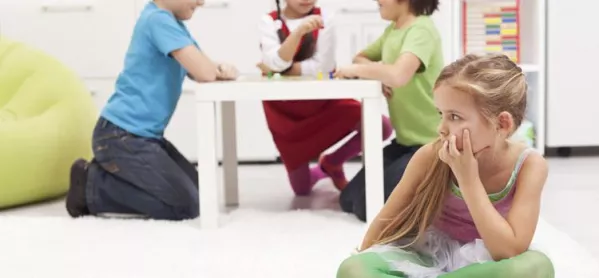The Department for Education has challenged Ofsted’s statistics after the watchdog claimed that 4,000 pupils with special educational needs and disabilities (SEND) were not getting the support they needed.
As it published its annual report today, Ofsted said that in 2017 more than 4,000 children with an approved education, health and care plan had received no provision - five times more than in 2010.
But the Department for Education said that while it is true there were 4,050 children in this position in 2017 - more recent figures show that there were 2,060 pupils in this position in 2018, meaning the number has almost halved.
Ofsted’s annual report warns that thousands of pupils could be “disappearing” from the school system as a result of illegal off-rolling.
Inspectors found that 19,000 children dropped off school rolls between January 2016 and January 2017, during the time students take their GCSE exams - with about half of these not reappearing on the roll of another state-funded school.
Fears about schools off-rolling pupils
While a pupil can be removed from a school roll for various reasons, such as families moving home, parents deciding to home-educate a child or the child moving to an independent school, others could end up in an unregistered school or drop out of education entirely.
Around 30 per cent of the 19,000 pupils leaving school rolls have SEND, compared with 13 per cent of all pupils.
Chief Inspector of schools Amanda Spielman told BBC Radio 4‘s Today programme that those being removed often had “various kinds of complications” and behavioural problems.
She said: “The most likely explanation that we can find is that schools are wanting to improve their results.
“We are seeing children disappearing just before pupil census date, we are seeing children supposedly going off to be home-educated where it seems quite unlikely that parents are really fully equipped to home-educate.”
A DfE spokesperson said: “This report shows that standards in our schools are rising, with 86 per cent judged to be ‘good’ or ‘outstanding’ compared to only 66 per cent in 2010. It shows we have a robust education system - one where parents can feel assured that the vast majority of schools, early years providers, children’s homes and local authorities provide a high level of education and care for young people, regardless of their circumstances.
“One of the key functions of a good regulator is that it highlights areas of concern and we will work with Ofsted, schools, local authorities and others to address the issues this report picks out.”





